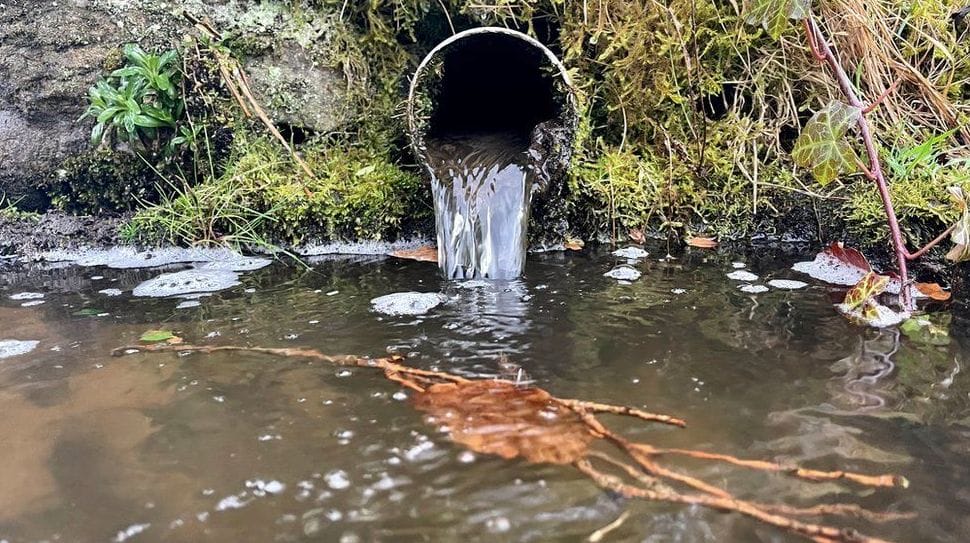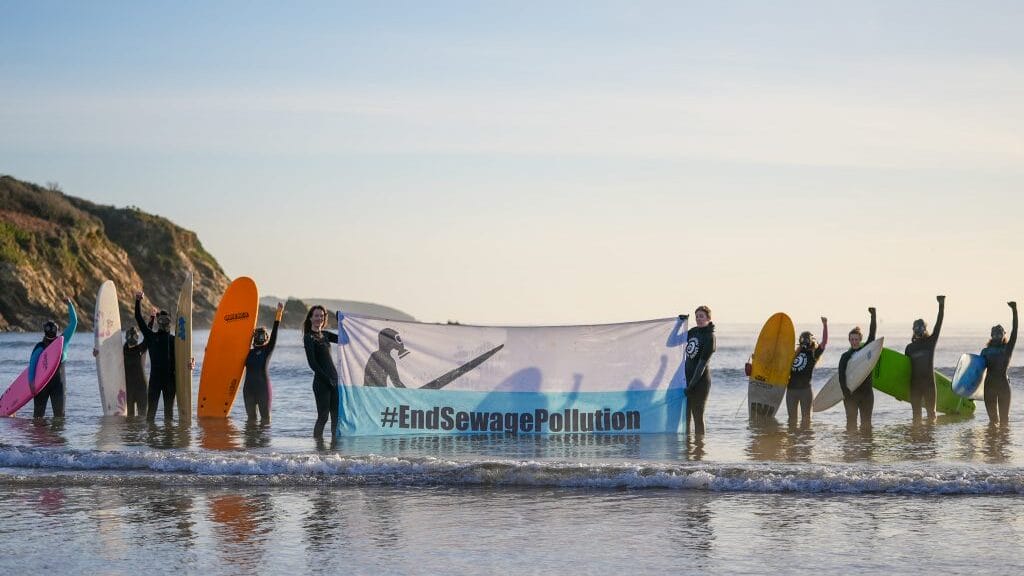
Three of England’s biggest water firms face £168m fines over sewage failures

Ofwat has today (6 August 2024) proposed that three water companies be fined a total of £168m for failing to manage their wastewater treatment works and networks.
The Water Services Regulation Authority, or Ofwat, is the body responsible for economic regulation of the privatised water and sewerage industry in England and Wales.
The penalties proposed for consultation will see Thames Water fined £104m, Yorkshire Water fined £47m, and Northumbrian Water fined £17m — a combined fine of £168m. The decision is part of the first batch of outcomes from the regulator’s biggest-ever investigation into the sewage spills, which the watchdog says have caused ‘extensive environmental damage.’
The penalties relate to the three companies’ management of wastewater treatment works and wider sewer networks, including their operation of storm overflows. These are designed to release water in exceptional circumstances, when the sewerage system is at risk of being overwhelmed, such as during unusually heavy downpours or snowfall, to prevent sewage flooding into people’s homes.
Ofwat has found that all three companies failed to ensure that discharges of untreated wastewater from storm overflows occur only in exceptional circumstances, which has resulted in harm to the environment and their customers. A strong correlation was found between high spill levels and operational issues at wastewater treatment sites which points to these companies not having properly operated and maintained their wastewater treatment works.

There has been a catalogue of incidents related to the pollution, including 57 swimmers being downed by diarrhoea after the World Triathlon Championship in Sunderland in 2023. In June this year, campaigning body River Action blamed Thames Water, after high levels of E-coli were found along the stretch of the River Thames that hosts the Henley Royal Regatta. The water company denied wrongdoing.
During its investigation, Ofwat found all three companies failed to upgrade assets, where necessary, to ensure they meet the changing needs of the local area they serve. They were also slow to understand the scope of their obligations relating to limiting pollution from storm overflows and failed to ensure that they had in place the necessary information, processes and oversight to enable them to properly comply with those requirements.
However, the scale of the breaches Ofwat has found differs between each of the wastewater companies.
Therefore, in addition to the proposed financial penalties, Ofwat is also consulting on proposed enforcement orders which will require each company to rectify the problems Ofwat has identified to ensure they comply with their legal and regulatory obligations.
Companies will not be able to recover the money for any proposed penalties from customers and Ofwat says it will ensure that customers are not charged twice where additional maintenance is required.
“Ofwat has uncovered a catalogue of failure by Thames Water, Yorkshire Water and Northumbrian Water in how they ran their sewage works and this resulted in excessive spills from storm overflows,” says Ofwat’s chief executive David Black. “Our investigation has shown how they routinely released sewage into our rivers and seas, rather than ensuring that this only happens in exceptional circumstances as the law intends.
“The level of penalties we intend to impose signals both the severity of the failings and our determination to take action to ensure water companies do more to deliver cleaner rivers and seas.
“These companies need to move at pace to put things right and meet their obligations to protect customers and the environment. They also need to transform how they look after the environment and to focus on doing better in the future.
“Looking to the future we want transform companies’ performance under our new price control that starts in April next year, so we reduce spills from sewage overflows by 44 per cent by 2030 compared to 2021 levels.”

These proposed findings are the first three cases Ofwat has opened in its wider investigation to reach this stage. The regulator continues work on eight further cases.
This investigation is the responsibility of Ofwat as the independent economic regulator, and is separate to the Environment Agency’s ongoing criminal investigation into discharges at wastewater treatment works.
Following Ofwat’s announcement this morning, secretary of state for environment, food and rural affairs, Steve Reed says: “I welcome Ofwat’s action today. The unacceptable destruction of our waterways should never have been allowed — and it is right that those responsible for illegally polluting our rivers, lakes and seas face the consequences.
“We will outline further legislation to transform and reset our water industry and restore our rivers, lakes and seas to good health.”
Earlier this year, a new portal was launched in the UK to make it easier for internal water company whistleblowers to report serious environmental wrongdoing by their water companies.
In a bid to crack down on rampant sewage pollution and other environmental wrongdoing, workers are being encouraged to alert the Environment Agency (EA) to any concerns. The regulator says its intelligence teams will then assess reports, with the identities of reporters protected and treated as confidential sources.
The post Three of England’s biggest water firms face £168m fines over sewage failures appeared first on Marine Industry News.
